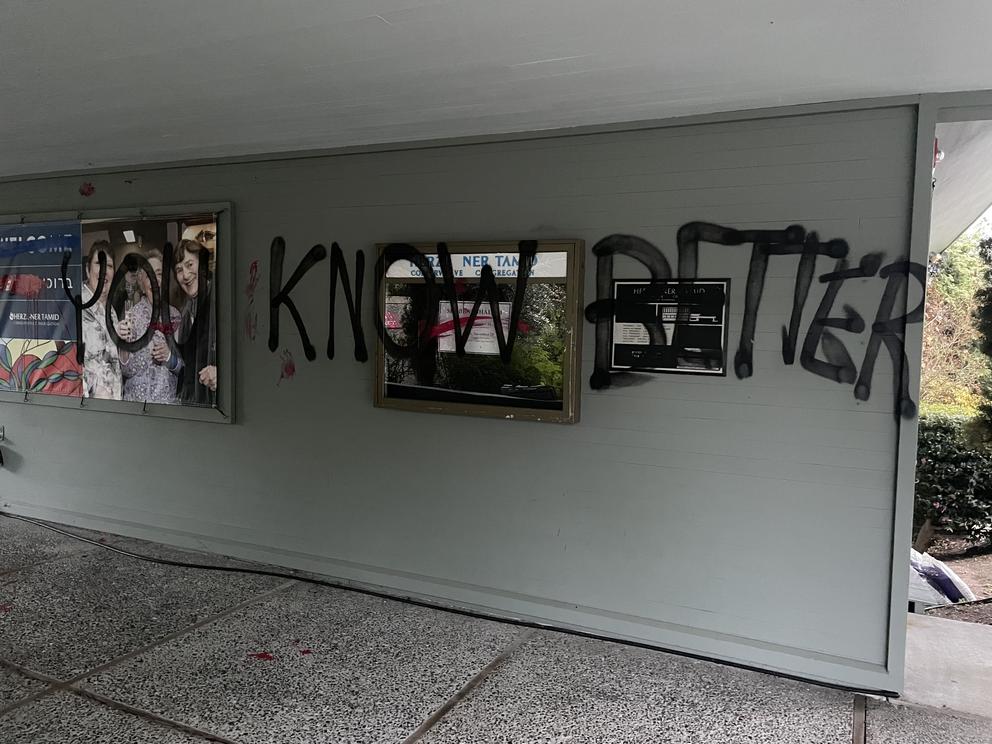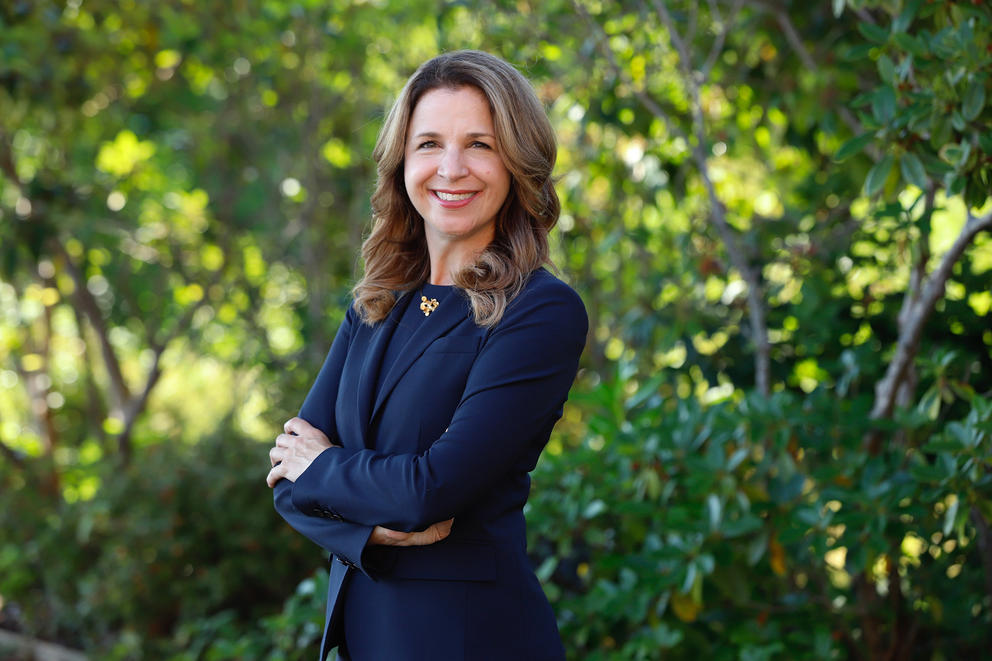A recently retired state economist has filed a complaint against the Washington State Department of Transportation, alleging he was ordered not to include Washington’s cap-and-invest costs in an early 2023 revenue forecast.
In his complaint filed Thursday, Scott Smith, 64, said he left WSDOT after more than five years as a gasoline tax revenue and gasoline price forecaster for this reason. He is seeking $750,000 in lost income because he felt pressured to leave the agency before he was ready to retire.
A complaint must be filed 60 days prior to the filing of a lawsuit seeking damages from the state. Smith is represented by Citizen Action Defense Fund, a conservative organization that opposes Washington’s new cap-and-invest carbon pricing program.
The same organization filed a lawsuit against the state in Thurston County Superior Court last January, alleging the Legislature’s 2022 transportation bill, which included the nuts and bolts of the cap-and-invest program, violated the Washington Constitution by covering more than one subject. CADF lost in Superior Court and is appealing the ruling to the Washington Supreme Court.
Smith’s complaint filed this week alleges that when he prepared his gas revenue and price forecasts at the beginning of 2023 for WSDOT’s revenue forecast council, he calculated that Washington’s cap-and-invest program — which went into effect on Jan. 1, 2023 — would have a significant impact on gas prices and gas tax revenue. He says he was told to remove those calculations from his forecast by WSDOT officials and the Washington Office of Financial Management.
“He was approached by a supervisor and told not to include what the impacts of cap-and-trade will be. … They were asking him to lie, and he wouldn’t do that,” said Jackson Maynard, Citizen Action Defense Fund’s executive director, in an interview.
Maynard and the complaint said Smith was told he would need OFM approval on future calculations, he was denied a promotion, and was denied leave to see a sick family member, which he alleges was retaliation.
The state’s cap-and-invest programs became controversial in June when Washington posted the highest gas prices in the nation. Republicans have seized this as a major political issue, with Democrats defending the program.
A Crosscut analysis showed economists calculating that the cap-and-invest program has increased gasoline prices from 26 to 50 cents per gallon, depending on who is doing the number-crunching. The same analysis showed numerous factors beyond the cap-and-invest program are contributing to Washington’s high gas prices.
Gov. Jay Inslee’s office first became aware of Smith’s situation on Thursday, said governor’s spokesman Mike Faulk. The governor’s office receives its gasoline price and revenue information from the state Ecology Department and not from WSDOT, Faulk said.
Ecology Department spokesman Andrew Wineke said in an email that the Legislature directed Ecology to develop and implement the cap-and-invest program – not the Department of Transportation. "Ecology used its own economists to conduct the regulatory analysis for the cap-and-invest program, with support from a respected independent economics firm. No one from the Department of Transportation provided input on that analysis,” Wineke said.
OFM spokesman Hayden Mackley added that the transportation revenue forecasts are important in developing the state's budget. "It’s important that this complex work is completed by professional forecasters. We rely on staff in other agencies who have this expertise to fill this role,” Mackley said.
Kris Abrudan, spokeswoman for WSDOT, said: “Transportation revenue forecasts are complex and highly variable. … Data integrity, transparency, and consistency are integral to this process and any changes to that model to include incorporating (the cap-and-invest program) would be a much broader determination than any one employee or agency.”
Meanwhile on Friday evening, Faulk sent out an email that said:
- The appropriate OFM official does not recall discussing this matter with Smith, and does not recall declaring that Smith’s work needed to be reviewed by OFM.
- The Legislature eliminated Smith’s position last session, with his functions transferred to the state’s Economic Revenue Forecast Council. Therefore, his position was not eliminated by WSDOT.
- WSDOT was considering Smith’s request to be able to work remotely, but he did not finish the process for that decision-making.
- Smith’s request for time with his mother around Thanksgiving conflicted with a presentation that he was scheduled to give.
Updated Dec. 3, 2023: This story has been updated to include comment from the Washington State Department of Transportation, and information emailed Friday evening by governor's spokesperson Mike Faulk.











